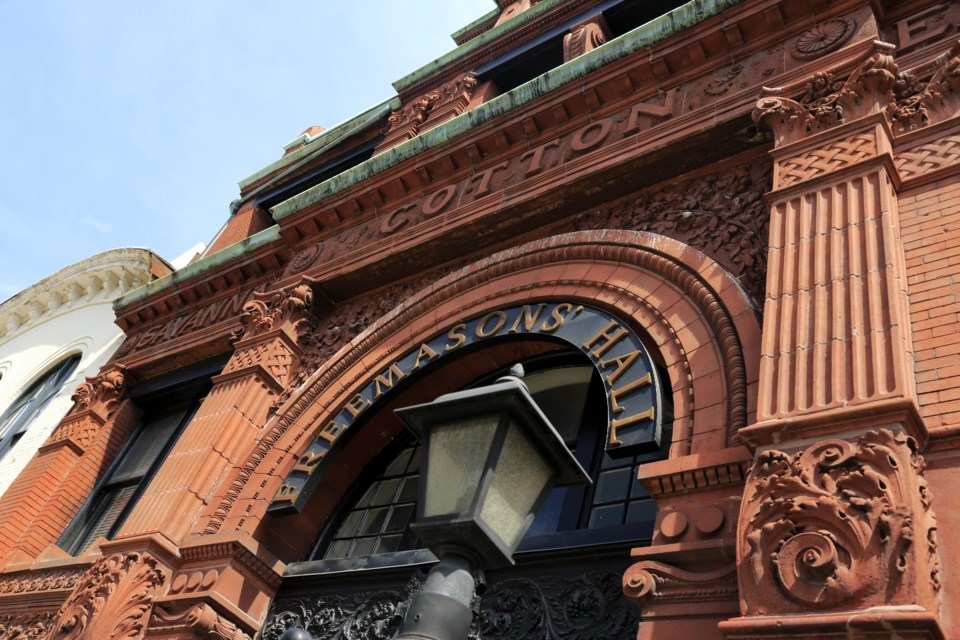With police arresting one man in relation to Tuesday's three fires at Mason halls in Vancouver and North Vancouver, it appears the alleged arson was directed at an organization that's long-faced accusations of Satanism and conspiracy.
Freemasonry grew out of masonry; the earliest records related to the organization are around 600 years old from Europe.
Over the centuries, it has become known as a society of secrets with global connections.
The beginnings of Freemasonry in B.C. occurred around 1858 in Victoria, according to the Grand Lodge of British Columbia and Yukon, by Freemasons who arrived on Vancouver Island from elsewhere. The first official lodge started operating a couple of years later.
This year, they're celebrating 150 years in B.C; more than a dozen premiers have had connections to the organization. There are now around 80 halls with over 140 lodges operating out of them in B.C. and Yukon. Freemasons have documented much of the operations in B.C. since their founding.
The Freemasons employ secret symbols, rituals and passwords (and more), which adds to outsiders' questions about the organization. Many of these activities are shrouded in centuries of secret history.
There is also no overarching body for Freemasons; instead, they operate with lodges (local units) and grand lodges (regional units). The grand lodges connect with each other (though some conspiracies claim there is one central ruling body).
Freemasonry fear has been a thing for as long as Freemasonry has existed
Dubbed 'Anti-Masonry' by B.C.'s grand lodge, Freemasonry fear has been a thing for as long as Freemasonry has existed; the B.C. group dedicates a section of their website to refuting these claims, including conspiracies suggesting members practice Satanism.
"Anti-masonic thought can be grouped into two broad categories: accusations of anti-Christian or satanic objectives, and accusations of political and social manipulation," states the grand lodge on their website. "Anti-masonic thought today generally turns to the many conspiracy theories currently popular in the media."
They explicitly state that Freemasonry is not a religious organization.
"Our purpose as freemasons is not that of a religion. Freemasonry lacks the basic elements of religion. Freemasonry is not a religion nor is it a substitute for religion," states the website.
Due to its secrecy and complexity, mixed with some famous and powerful members, Freemasons have been the subject of many conspiracy theories (including flat Earth theories and a secret group of humanoid reptile rulers).



